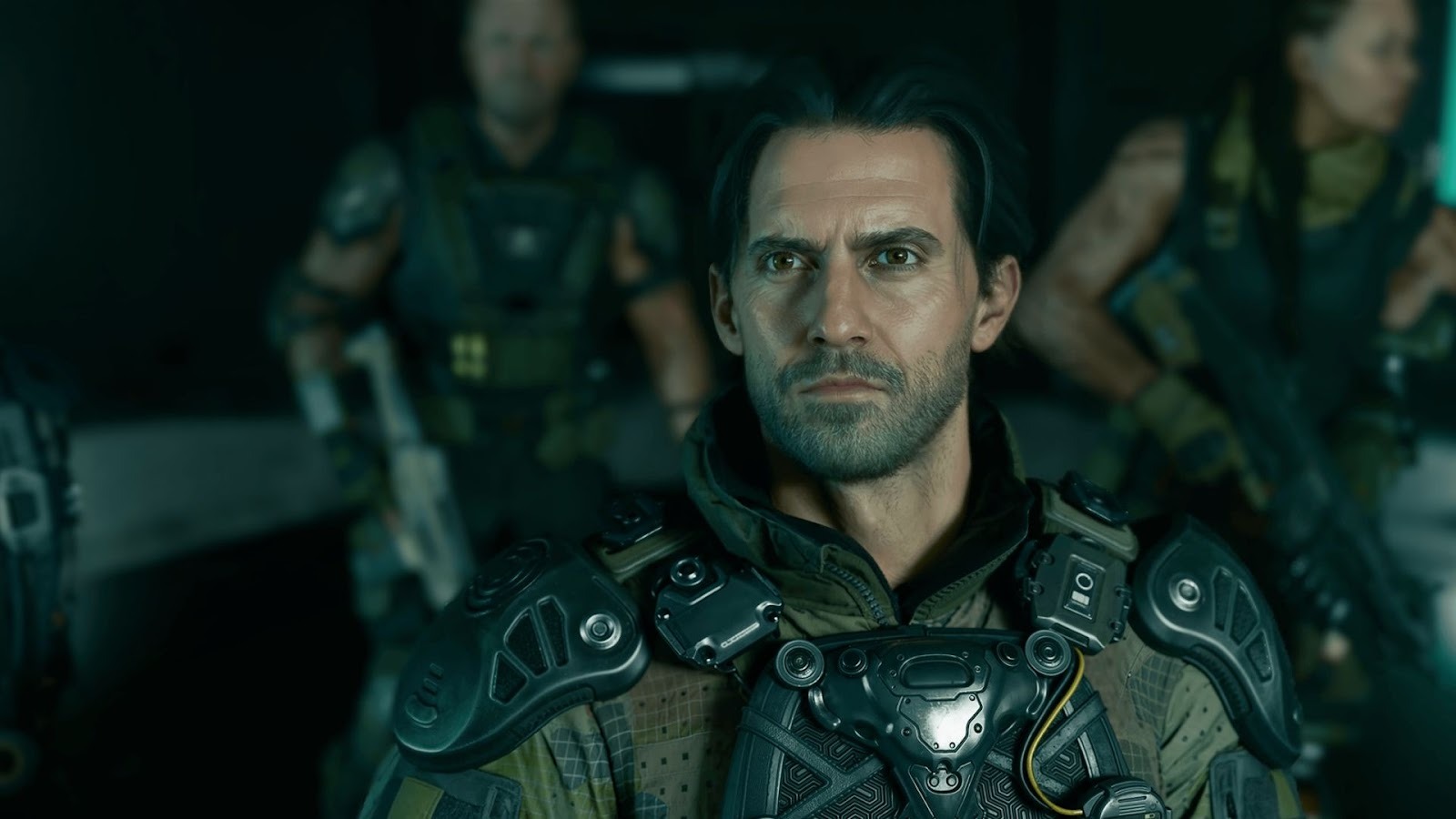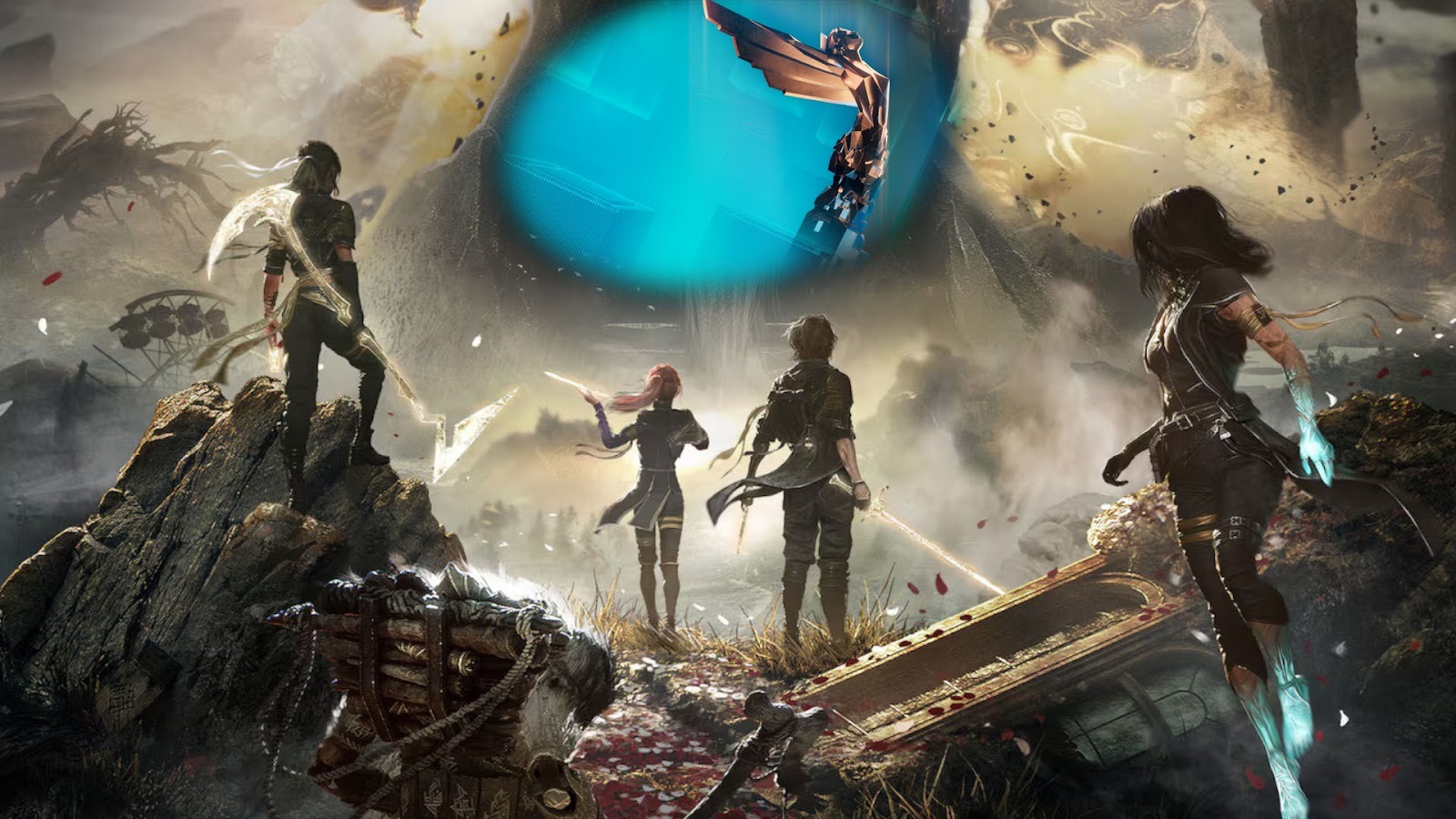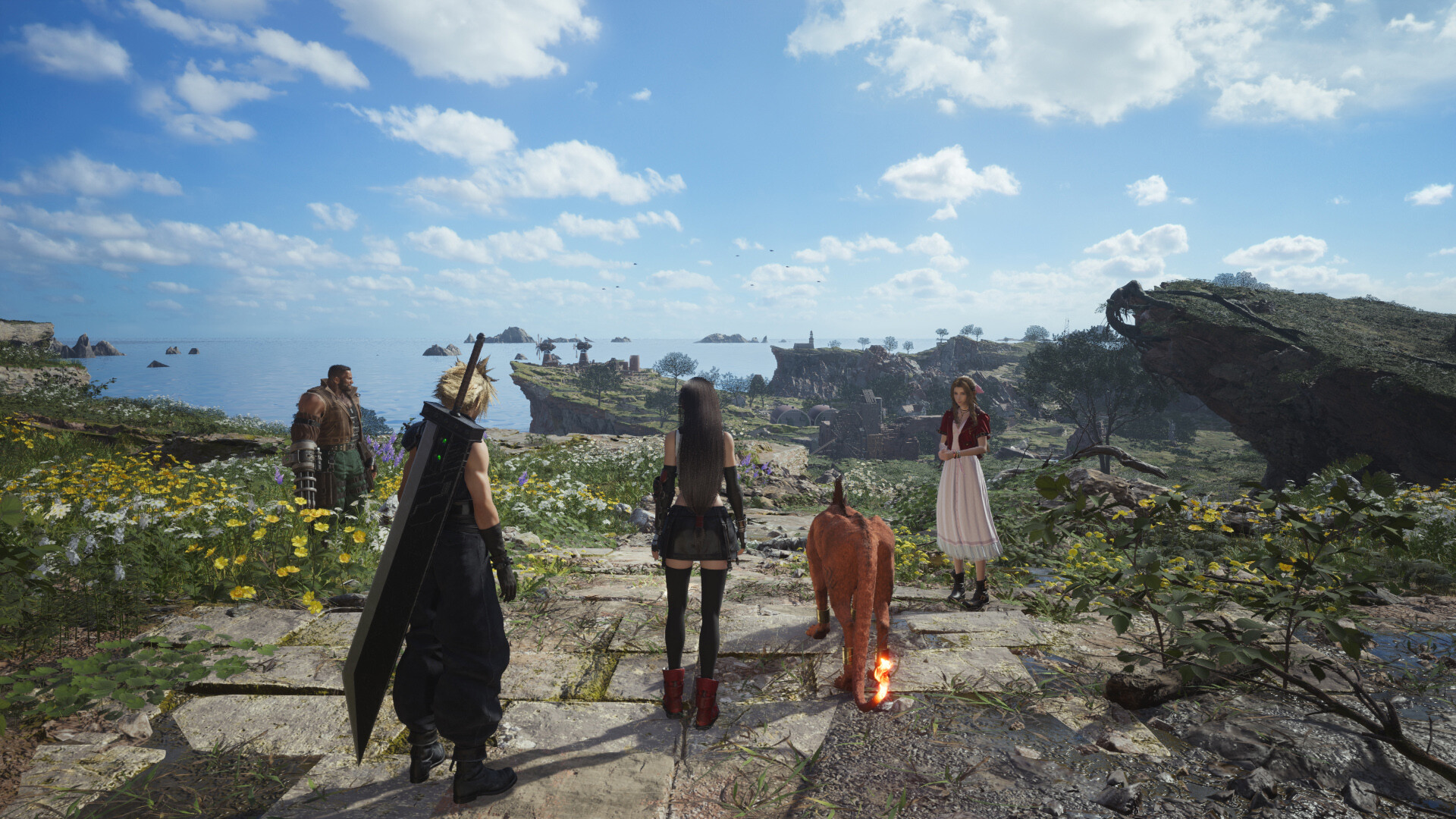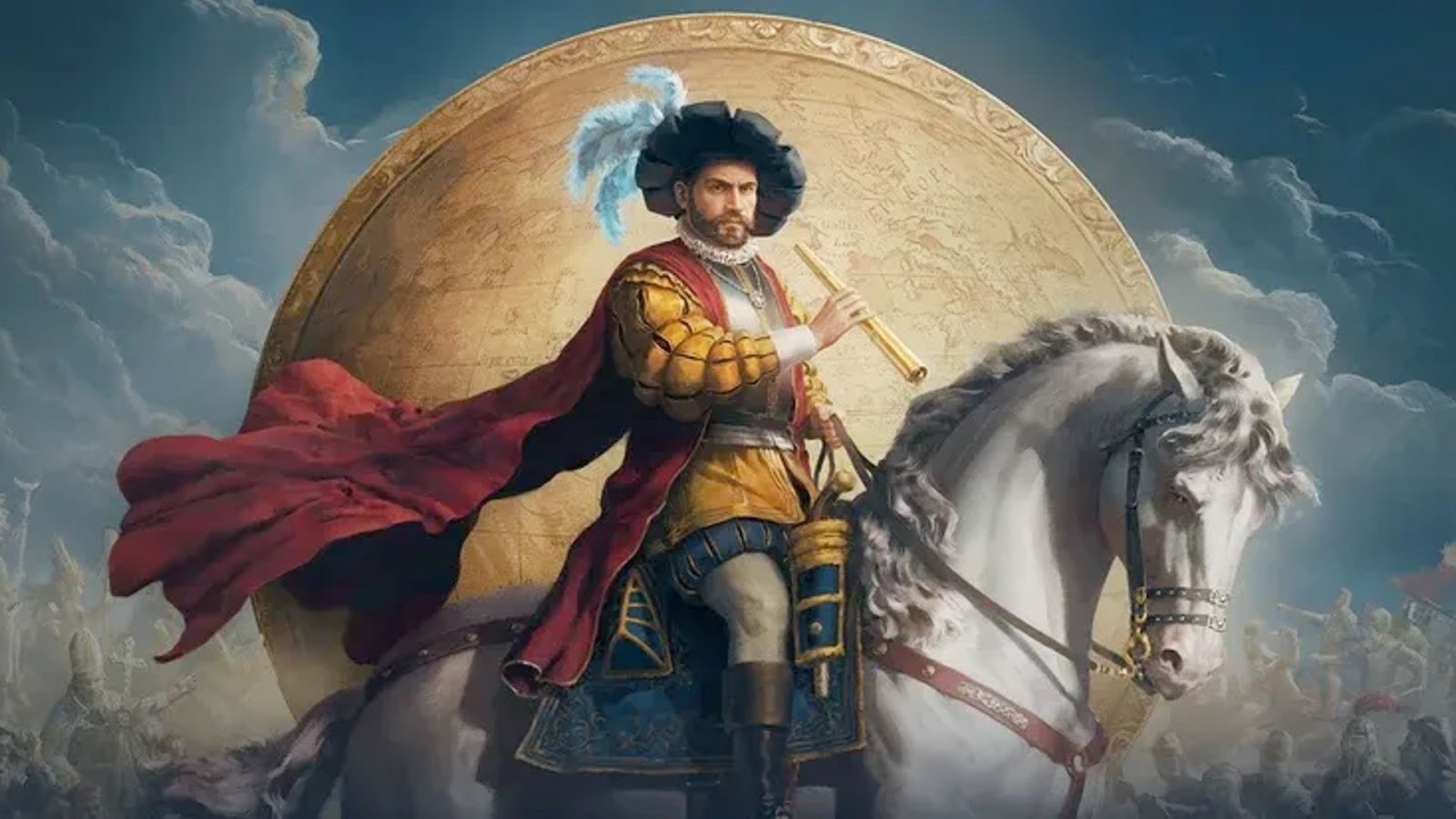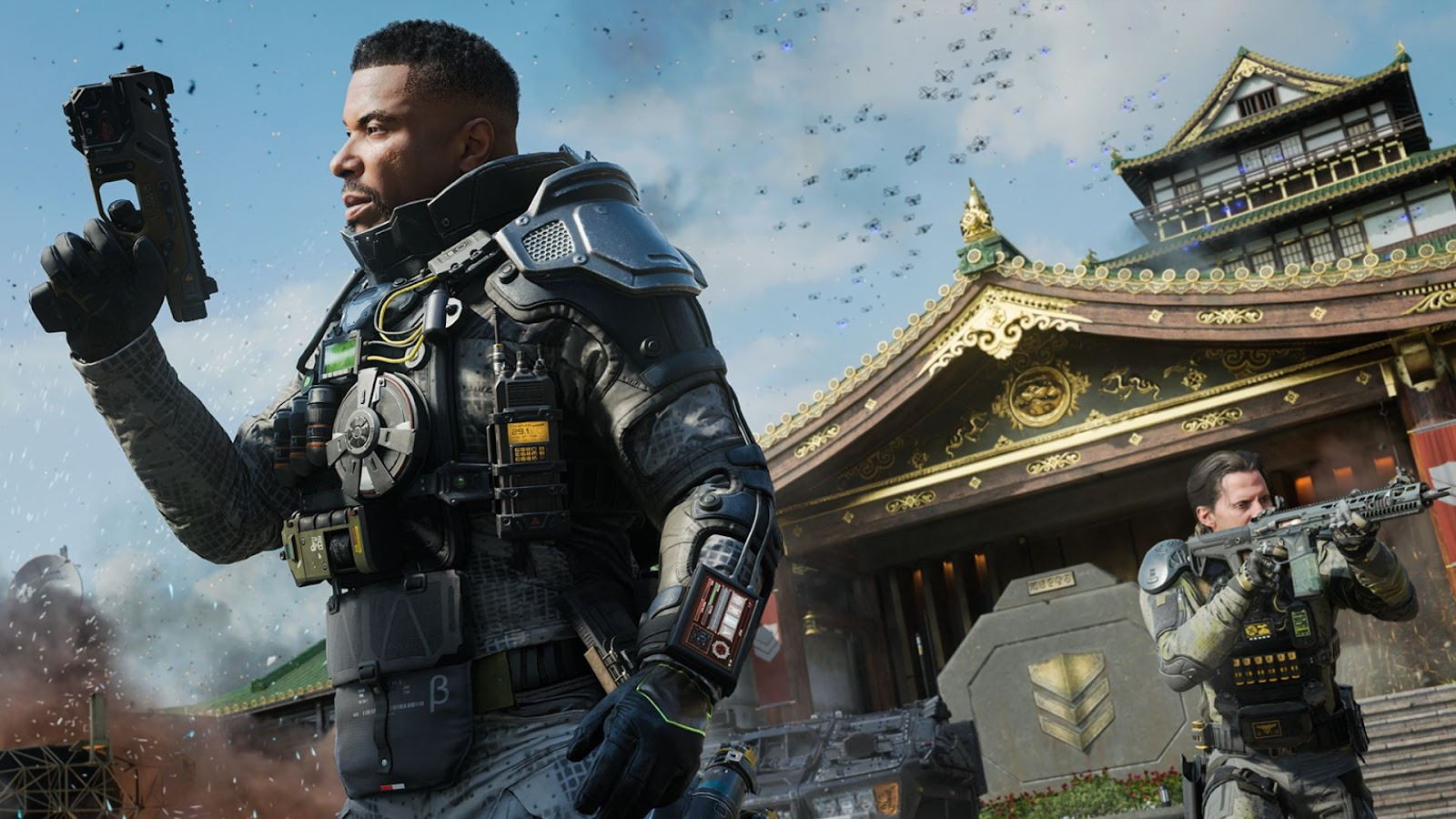You can trust VideoGamer. Our team of gaming experts spend hours testing and reviewing the latest games, to ensure you're reading the most comprehensive guide possible. Rest assured, all imagery and advice is unique and original. Check out how we test and review games here
One of the hottest debates pulsing across the internet right now is the state of PC gaming. More and more publishers and developers are blaming piracy for the lack of support for the platform. More and more publishers are suffering criticism for the digital rights management they put in place on their new PC titles. One man standing up for the PC gaming hardcore is Randy Stude, president of the PC Gaming Alliance. Here, in an outspoken interview with VideoGamer.com, Stude tells us why publishers only have themselves to blame when their games are pirated, and why PC games are better than console games.
VideoGamer.com: Tell me a bit about yourself.
Randy Stude: My background, 14 years with Intel. I’m an avid gamer, father of four with four PC gamer kits in the house. I guess everyone in the house has an absolute passion for gaming. We’ve got every console there is. But for the most part they sit and gather dust while everyone plays World of Warcraft, Webkinz, Spore and all the other immersive PC gaming titles.
VideoGamer.com: How did the PC Gaming Alliance come to be?
RS: A few years ago several of the founding companies sat down and decided that the PC needed a voice when it came to gaming. The consoles have their voice, the PC was getting beat up a little bit in the press. We on the inside of PC gaming knew the story was much different than what was being represented by those who wanted to take shots at the PC gaming industry. So we decided to stand up and make a little noise. The rest is history.
VideoGamer.com: From your website’s members area I can see some fairly high profile companies that are on board. How did you get them on board?
RS: A few of us sat down around the table and said, ‘who would be critical to be a part of this organisation?’. We approached them and the rest is history. I don’t want to get into a situation where I say, ‘hey it was me and this guy’, it isn’t about that. It was everyone sitting down at a table with a clean sheet of paper, yeah there’s a few issues that maybe the industry can deal with rather than anyone of us by ourselves and we all decided to do it.
VideoGamer.com: We ran an interview with Peter Molyneux recently, who said he thought the PC gaming industry was “in tatters”, which prompted a statement from yourself in response to that. There seems to be a quite a few developers who say this kind of thing to the press when they’re answering questions about why they’re not doing PC versions of console games. They always cite a lack of sales or piracy. Do you simply think they’re wrong? Are they misguided? Do they not understand the full picture? Why are they saying this if the reality is, as you say, quite different?
RS: There’s a $10.7bn industry here and the easy answer I can give you is there are a lot of people making a lot of money on PC gaming and perhaps Peter, with his recent PC titles, The Movies and Black & White 2, is under the belief that the PC for him isn’t the right place to invest his time. And when you look at Fable which has become a console title pretty much now, if you’re releasing that product, or any product today, on multiple platforms, and there’s no differentiated experience for the PC, and the game is technically designed really to be played on console, because there’s a lot of business to be garnered by releasing your game on the consoles, especially if you’re not focussed on a long term immersive revenue and ongoing affair with the gamers who would choose your title, then perhaps consoles are the right place for you. What I’m basically saying there is there are hundreds of millions of PC gamers out there in the world playing games, and if they’re not playing Fable, or if they don’t want to play Fable II then Peter shouldn’t publish it.
VideoGamer.com: Playing devils advocate, I think he’s referring very much to the core PC gamer market rather than the PC gaming market overall, that the more high end titles struggle to sell on PC. But that’s something you would reject?
RS: Is Fable II a high end game and Warhammer and Age of Conan aren’t? Is Spore a high end game? Those titles are selling really well. I think he made a judgement call for his title, that he should probably focus on why he made that call, and if he didn’t see an opportunity to differentiate on PC he should just leave it at that and not submit an opinion on the health of hundreds of millions of gamers who are generating almost $11bn in revenue.
VideoGamer.com: Is it more to do with piracy at the end of the day and that publishers don’t want to release a game on the PC because they feel that it’s just going to be pirated, especially if it’s targeted at core gamers who, let’s be honest, know about torrent sites and how they work?
RS: Piracy is an issue for some publishers, but if you sat down and you talk to Blizzard or Funcom or the guys at EA about Warhammer, about all the noise that was made about Spore and the reaction to the DRM, but they’re still selling games and they’re selling them well. The guys at Valve have a framework in place, that a lot of PC gamers, they claim over 15 million of them, are quite pleased with, and they’re selling games through Steam to people all over the world and would say that they’ve got a problem solved with their approach to how to deal with piracy.
VideoGamer.com: So where do we go from here regarding the piracy issue? The developer of EndWar said recently it was holding the PC version back until after the console version was out because they feared people would pirate the PC version rather than buy the console version. How is this attitude from the publishing and development community going to change?
RS: If you’re taking a release date mentality, OK I’m putting anti-piracy protections that are pretty strong on console, pretty strong but not fool proof, and I’m waiting till the day I ship this thing off to the post-production house to put anti-piracy on say like a Fallout 3 or last year Hellgate London had an infamous piracy issue, if your product is not protected all of the way through production, you’re going to be faced with the scenario where some guy sitting at the duplicator house, this is where all the piracy starts, the guy sitting at the duplicator house, back doors the code to a buddy or flat out sells it to make money off a torrent rip of the game, that’s where the problem is.
It’s not a unique situation to PC gaming. Movies are suffering the same thing right now. Until you spin anti-piracy all the way through your production, which can be challenging but can be done, then you’ve got a scenario where your game can be stolen from you. There will always be people who will pirate but there are great solutions out there that can be utilised. I think the PC Gaming Alliance believes it needs to jump in and submit some industry voice behind this and some opinion about what approaches should or shouldn’t be taken, but I think for anyone waiting for an answer, the best answer I can give them is, be smart about the way you deal with your IP, don’t leave anything to chance and keep it protected all the way through the production pipeline.
VideoGamer.com: Would you suggest that for some publishers piracy is their own fault?
RS: Yeah. Any publisher today who’s making any game that’s going out on any platform and isn’t thinking about the potential of piracy with the widespread availability of broadband and the patience that people have to kick-off a download that may take a day or more, if they’re not thinking that’s a real problem for them or a potential problem for them, then they’re going to have challenges and they’re going to act like it’s a big surprise. It’s like anything else in business. If you’re not aware of the guy who’s trying to steal your product then it’s going to get stolen. You don’t see the guards of banks walk around with money sacks on the street without proper precaution right? Those days have been gone since the 1700s. If people are getting attacked in the streets and getting their money stolen from them you should probably not take your $20m-$50m investment in any game and leave it to chance.
VideoGamer.com: It doesn’t sound like rocket science to me. I don’t understand why publishers don’t shore up the production line.
RS: Yeah. And that doesn’t even mean that at the end of the day someone’s not going to hack the game and put it up on a torrent network. There have to be better encryption technologies for the PC. We in the PCGA believe than an industry group such as ours and others out there should be the ones that tackle it from a standards perspective, provide guidance to say, ‘probably the best way to do it is something like this…’. We don’t have the answer yet today but we would invite anyone who believes piracy is a problem to join our organisation, step up and we’ll help you solve the problem from the hardware side and the software side.
VideoGamer.com: What’s your feeling on the DRM outcry following the release of Spore. Is three authentications per user unreasonable?
RS: I have a household, there are six of us, we have seven PCs, my son has two machines of his own, a gaming notebook and a gaming desktop. Certainly it would be nice not to have to buy multiple copies of the game for my household. But on the other hand even free games, like the Nexon games and others, they don’t allow you to take a single log in and log in simultaneously on multiple machines. The music services on the internet require unique log ins, iTunes has a limit to the number of PCs that can access the content. You have to set a limit somewhere. I’m not saying EA picked the right number. Personally for my household I wish it was five. I bought two copies of the game because I knew going in that it was three.
I think a bigger issue is the backlash against the actual company who’s DRM solution was used. When I read the Amazon posts and the complaints that people lobbied to make their point, what I read was people are fed up with SecuROM and its potential to wreak a little havoc on a system. That’s probably a bigger issue in my mind. I think people can tolerate the limitations within reason. Steam makes it easy. You can authorise and de-authorise machines. iTunes makes it easy to de-authorise and authorise machines. Perhaps the approach that EA took where you have to actually get on the phone and talk to someone about that machine you tried to install it on. Here’s my example: On my youngest daughter’s machine it installed all the way through, went to play and she didn’t have the right graphics. The next thing I’m doing is taking a look at her entire system and saying, ‘OK this machine has a Pentium 4, has a four-year-old graphics card, let’s reconsider whether this is the right machine for her to be playing this on anyway’. And I went ahead and built her a new one, a new hard drive and everything. So now I’m looking at it going, ‘OK how many did I install it on? OK it looks like I installed it on five machines already, this is my sixth one. If I go to a seventh machine, God forbid I want to put it on one of my computers or something, then we’re out of luck and I’ve got to get on the phone’. That’s an inconvenience and that’s something that EA probably should have had some background on from a consumer experience perspective before they made that decision.
VideoGamer.com: What do you think of LucasArts right now given that they’re not doing PC versions of a lot of their games, like Star Wars: The Force Unleashed and Fracture?
RS: LucasArts hasn’t made a good PC game in a long time. That’s my opinion. They make some pretty good games for the Wii, you know those little sticks you wave in the air, that seems like a natural fit for a lightsaber game, sure. But I think the last good PC game they made was probably Jedi Knight 2, and even their strategy games weren’t that great. So I can understand why they would make that call. They’re not really creating product within LucasArts themselves. They’re going at it job shopping their IP. That may be a little controversial for me to say that, but that’s what I see happening. There’s no development team necessarily within LucasArts any more, they’ve basically turned into an intellectual property machine and supporting the PC, why should they? It really doesn’t fit their property.
VideoGamer.com: We ran an interview with Cameron Suey, the producer of the Xbox 360 and PS3 versions of Force Unleashed, and he said they weren’t doing a PC version because of scalability issues, that the game would require a high end PC and not enough people own one to justify the release. What do you think about his explanation?
RS: That’s not an educated answer. In the last several years there have been at least 100 million PCs sold that have the capabilities or better of an Xbox 360. It’s ridiculous to say that there’s not enough audience for that game potentially and that it falls into this enthusiast extreme category when ported over to the PC. That’s an uneducated response. And the PCGA has research available to members to show that if you’re making a decision on a game and you have that belief that there’s just not a large enough audience, let us show you that there’s a huge audience that has the capabilities that are being described there. You can make a run at that audience without having to sacrifice anything on your game at all.
VideoGamer.com: Is it such an uneducated answer to be perhaps not the actual true reason?
RS: I think you probably got plenty of feedback and opinions from your readers and my personal opinion is if they’re making games for the Wii, Xbox and PS3 they’re scaling their experience to meet all three of those platforms. They’re good on the Wii, better on the Xbox 360 and the best on the PS3. There’s no argument that they could give not to be able to support good better and best on the PC.
VideoGamer.com: Has Vista hindered or helped PC gaming?
RS: My opinion isn’t as important as probably what the majority of the gaming audience might say. I think there are some great things about Vista but I think there are some things about Vista that cause problems for gamers in particular, and I think those need to get dealt with. I think Microsoft is aware of them. PCGA policy is not to comment on other members’ products when doing interviews like this but on the whole I’m going to give you a squishy answer here. My answer is there are some great things about it and there are some not so great things about it. The better answer is what do consumers think than what does Randy Stude the president of the PCGA think of it.
VideoGamer.com: I’ll phrase it differently. What would the PCGA like to see from the next Microsoft operating system in terms of gaming?
RS: Personally I’d love to see it where I can take a disc, put it in the drive and be playing in a matter of a few minutes rather than having laborious multi tens of minutes install and potentially having to deal with patching drivers what have you. That experience to me is something that irritates PC gamers and really tries the patience of anyone with any operating system. That’s certainly not all Microsoft’s issue. There are challenges from the game developers and publishers perspective. But if I spend the time to download a game from a game service or if I take the effort to go to the retail store to buy a disc, I shouldn’t be looking at a from start to finish a multiple hour endeavour just to get that game to start running on my machine. I download a game, why can’t I download and play the game? Why do I have to download, install, update and then play the game? I think those are things that Microsoft as an important leader in gaming on its operating system and in the overall PC gaming development advocacy role that they play, should really be pushing the industry forward on to deliver an experience that’s more real time than what we get with the typical PC game title.
VideoGamer.com: How do you see the PC gaming market in five or ten years?
RS: The first thing that every potential developer needs to be aware of when they’re making games, this is a huge audience, way larger by orders of magnitude than the console audience. PC gamers have proven if you release a point in time product that is a very satisfactory gaming experience, they’ll buy it, they’ll play it, and they’ll play it, and they’ll play it… what I’m basically saying is that PC gaming is alive and well.
What happens is people develop these love affairs within PC gaming that they don’t within consoles, and it’s because the title quality is so solid. My son is playing more Warcraft 3 than anything else right now. He’s given up playing World of Warcraft because he’s waiting for the Wrath update. He jumps in and out of Team Fortress 2, but Warcraft 3 I see him playing for hours and hours. And I ask him, ‘are other people playing that or is it just you, are you just geeking out?’. And he says, ‘no Dad, there are thousands and thousands and thousands of people playing on thousands of servers all over the world’. Just last week a new map came out and everyone’s all hyped and excited about it. Here’s a game that sold to my son once and he’s been playing it for years. And that’s a habit you have with PC gaming that console does not enjoy.
You look at even the best console games, their gameplay doesn’t last beyond a release window. There’s a release window mentality with console gaming that’s only rivalled by the movie industry. When is the next DVD coming out? When is the next console game coming out? You play it for 30 days and then you stop because the experience is pretty much worn out. With PC gaming they play and play. There’s still people playing the original Fallout and Fallout 2. And if Fallout 3 doesn’t deliver on a good experience, they’ll keep playing those titles because they’ll reject the new version. Just ask people who waited for Unreal Tournament 3. There’s more people playing Unreal Tournament 2004 right now than Unreal Tournament 3. Go look at the servers. It’s not because of piracy, it’s not because the game doesn’t look great, it’s not because systems can’t play the game, it’s because the experience with the 2004 version, gamers just like it. And if you’re not monetising that experience, if you’re not in it for the long run when you launch a title on PC you’re probably missing the opportunity. Blizzard gets it. Funcom gets it. The guys at Sony Online get it. You build relationships with PC gamers, not titles to sell to them.
You asked me a question on what do I see coming. I see more transportability in the PC gaming experience. I see handhelds, I see notebooks, I see the trend across the globe shifting to mobility. This year it’s a fact that more notebooks will ship than desktops. That needs to be factored into the gameplay experience. What is coming that is going to take advantage of all of these folks running around with notebooks and wanting to play games on these notebooks.
VideoGamer.com: Many thanks Randy.
What do you think of Randy’s outspoken views on PC gaming? Let us know in the comments section below.
World of Warcraft
- Platform(s): macOS, PC
- Genre(s): Fantasy, Massively Multiplayer, Massively Multiplayer Online, RPG

/https://oimg.videogamer.com/images/5e96/fable_2_56.jpg)
/https://oimg.videogamer.com/images/e719/fallout_3_54.jpg)
/https://oimg.videogamer.com/images/8a49/spore_155.jpg)
/https://oimg.videogamer.com/images/9072/star_wars_the_force_unleashed_8-63376.jpg)
/https://oimg.videogamer.com/images/4502/warhammer_online_age_of_reckoning_151.jpg)

